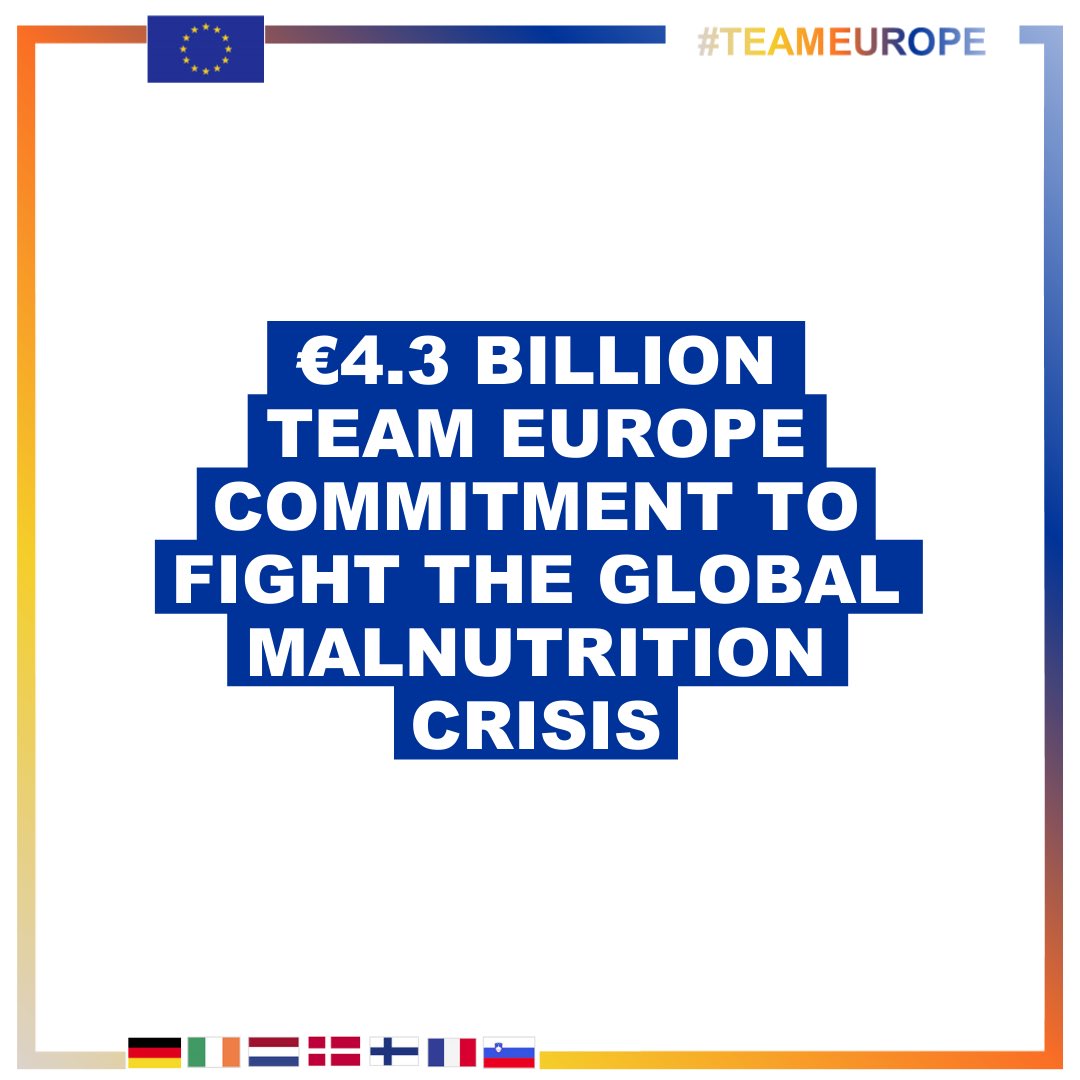The Nutrition for Growth Summit focused on improving nutrition outcomes through universal health coverage, food systems transformation, and greater resilience in fragile and conflict-affected states. The Summit also emphasized financing and strong data systems as essential to strengthening program design, delivery, and accountability. The Summit is the culmination of the Nutrition for Growth Year of Action – a global effort to bring together country governments, donors, businesses, and UN agencies to accelerate progress on malnutrition.
Represented by five Heads of State and Government, 45 countries with high burdens of malnutrition and a dozen donors delivered renewed policy and financial commitments to end malnutrition. These commitments demonstrate country leadership and prioritization of nutrition at a crucial time, as fiscal resources are constrained and malnutrition rates are on the rise due to the continuing global COVID-19 pandemic.
In addition to the donor’s pledge, countries with high burdens of malnutrition led the way at the Summit, delivering pledges towards increased domestic programming, as well as promising stronger policies and programs to reduce malnutrition rates. For example, Bangladesh, represented by Prime Minister Sheikh Hasina, committed to cut anemia rates by one-third, stunting among children by one-fifth, and wasting among children by one-quarter within the next five years.
The 2015 Global Nutrition Investment Framework, led by the World Bank and Results for Development, identified a nutrition financing gap of more than $700 billion dollars over 10 years to deliver evidence-based interventions that are largely delivered through the health sector. While the Summit’s commitments represent a significant step forward, they are still nowhere near what is necessary to end malnutrition.
UN agencies also delivered renewed commitments at the Summit. By 2025, UNICEF aims to reach at least 500 million children, adolescents and women annually with malnutrition prevention programs for the prevention of stunting, wasting, micronutrient deficiencies, overweight and obesity. The World Health Organization (WHO) committed to developing a Global Action Plan to prevent and manage anemia in women and children and to accelerate progress toward reducing anemia in women of reproductive age by 50 percent by 2030. The World Food Programme committed to increase the proportion of its programs’ beneficiaries who consume healthy diets from 40 percent in 2020 to 80 percent in 2025.
The European Union (EU) committed at least 2.5 billion euros for nutrition programming by 2024.
Government and private sector donors have pledged more than US$27 billion at the Tokyo Nutrition for Growth (N4G) Summit this week to address the global malnutrition and hunger crisis.
Represented by five Heads of State and Government, 45 countries with high burdens of malnutrition and a dozen donors delivered renewed policy and financial commitments to end malnutrition. These commitments demonstrate country leadership and prioritization of nutrition at a crucial time, as fiscal resources are constrained and malnutrition rates are on the rise due to the continuing global COVID-19 pandemic.
UN agencies also delivered renewed commitments at the Summit. By 2025, UNICEF aims to reach at least 500 million children, adolescents and women annually with malnutrition prevention programs for the prevention of stunting, wasting, micronutrient deficiencies, overweight and obesity. The World Health Organization (WHO) committed to developing a Global Action Plan to prevent and manage anemia in women and children and to accelerate progress toward reducing anemia in women of reproductive age by 50 percent by 2030. The World Food Programme committed to increase the proportion of its programs’ beneficiaries who consume healthy diets from 40 percent in 2020 to 80 percent in 2025.
The European Union (EU) committed at least 2.5 billion euros for nutrition programming by 2024.
During the closing session of the Tokyo Summit, French Minister for Europe and Foreign Affairs, Jean-Yves Le Drian, delivered France’s commitment to host the next Nutrition for Growth Summit linked to the Paris Olympic Games in 2024. The next Summit will be an opportunity to review progress and accountability for commitments delivered this week – and to deliver new commitments to combat malnutrition in the final five years of the Sustainable Development Goals.
Related:
6 December: Transforming food systems for better nutrition, health, and prosperity
On the eve of the N4G Summit the UNFSS Secretariat hosted this morning a virtual event in support of the Tokyo Nutrition for Growth (N4G) Summit.
On the eve of the N4G Summit the UNFSS Secretariat hosted this morning a virtual event in support of the Tokyo Nutrition for Growth (N4G) Summit.





No comments:
Post a Comment